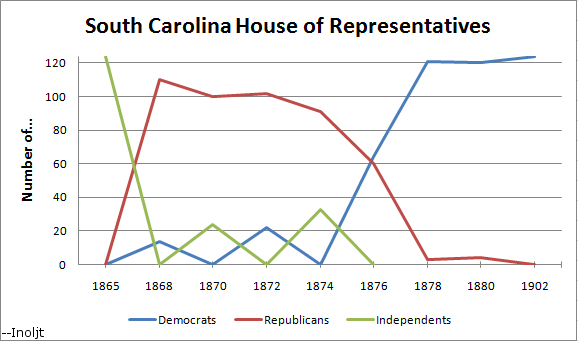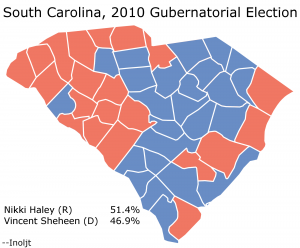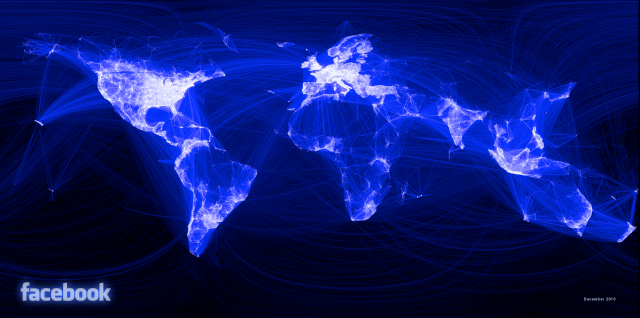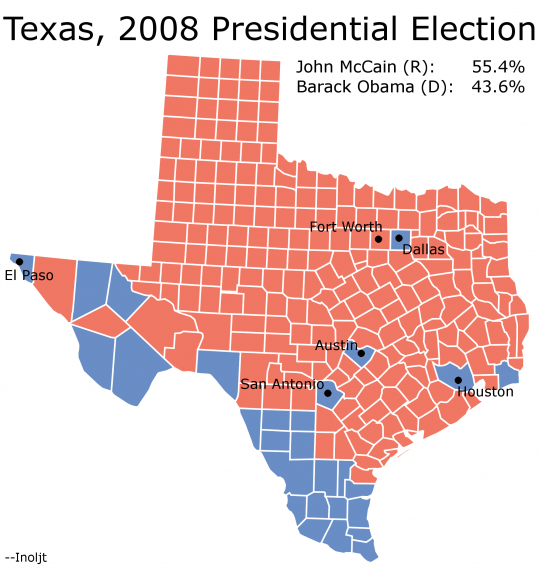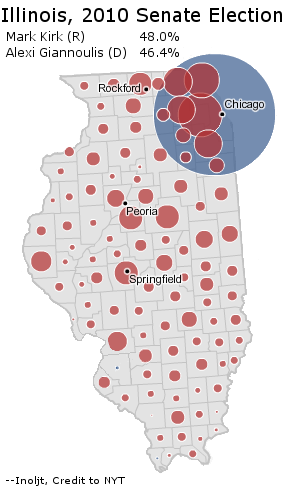By: inoljt, http://mypolitikal.com/
For some strange reason, the American media has always been obsessed with Twitter and Facebook. The movie “The Social Network,” which is about the founding of Facebook, received far more media commentary than any other movie in 2010, despite being only the 28th highest U.S.-grossing film that year.
This applies to foreign affairs as well. In the context of the events occurring in the Middle East, the Western media loves to argue that Twitter and Facebook constitute catalysts for revolution in the modern era. Indeed, some articles called the 2009 Iranian protests the “Twitter Revolution.” One excited journalist at the time wrote:
Iranians are blogging, posting to Facebook and, most visibly, coordinating their protests on Twitter, the messaging service. Their activity has increased, not decreased, since the presidential election on Friday and ensuing attempts by the government to restrict or censor their online communications.
On Twitter, reports and links to photos from a peaceful mass march through Tehran on Monday, along with accounts of street fighting and casualties around the country, have become the most popular topic on the service worldwide, according to Twitter’s published statistics.
The trouble with all this is that in June 2009, the entire country of Iran only had 19,235 Twitter users, according to statistics assembled by Sysomos.
More below.
